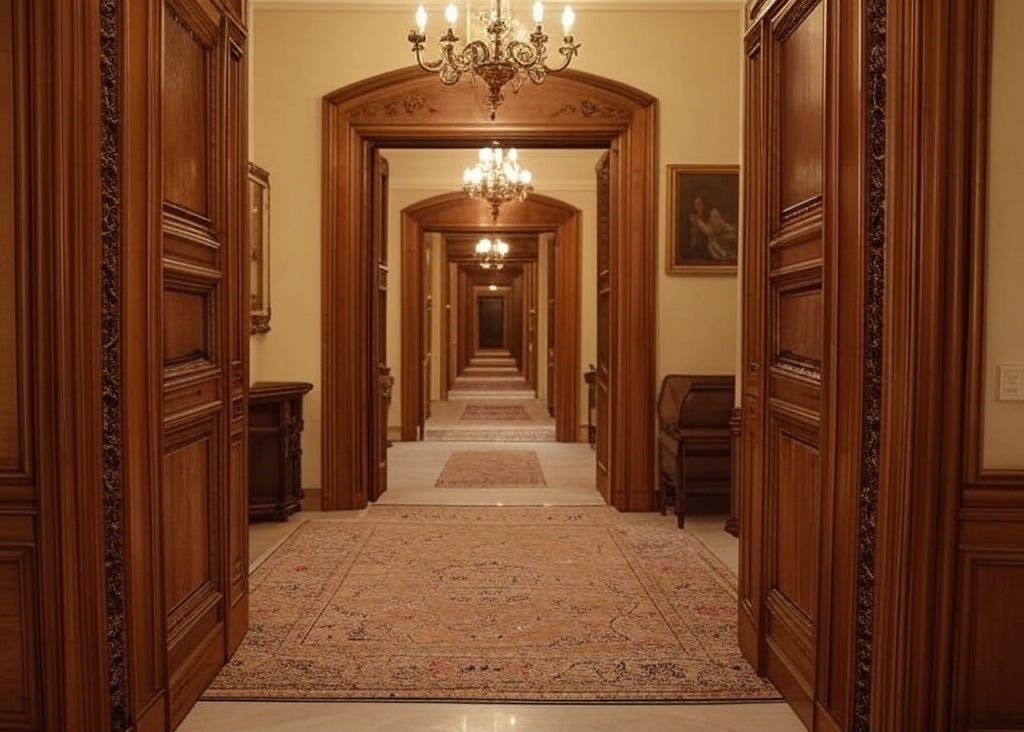Quieter Rooms
While having Highly Superior Autobiographical Memory is portrayed as a superpower on television, it is both a gift and a burden. While others move on, they re-experience events - including sensory aspects - as if it were yesterday, feeling everything with precision. It is as if they witness others moving forward, while they themselves walk forward with all their memories living beside them internally, like parallel realities - intact, with tone, texture, and breath. This is why they find "moving on" incredibly difficult - they never fully do. Others forget over time, so it feels like watching the meaning they hold onto slowly fade into whispers in real time - what lives in them as architecture becomes rubble, then dust, in someone else's story. It becomes a lonely game of feeling out what others remember, needing to be mindful not to recall too much and risk unsettling others.
Recurring patterns stand out. Even the smallest gesture or phrase can awaken an entire internal scene - followed by a cascade of interlinked memories. Thus, the past revisits them just as much as they revisit the past. Replaying interactions to extract insight or preserve significance becomes both an escape and an indulgence - because moments don't become the past, they just become quieter rooms they still walk through and visit, not as a ghost, but as someone who never fully left. Conversations echo with the same cadence. Light still falls the same way in their minds. Memories of others are not recollections - but atmospheric presences - their smiles with specifically placed teeth, the scent of their warm skin, and the placement of freckles and moles linger.

